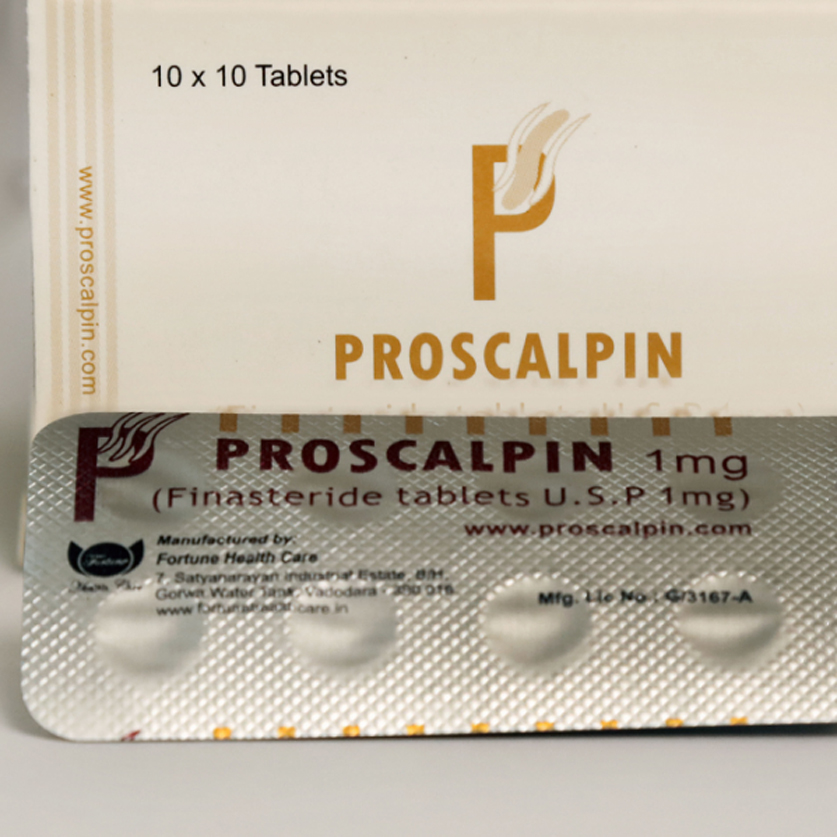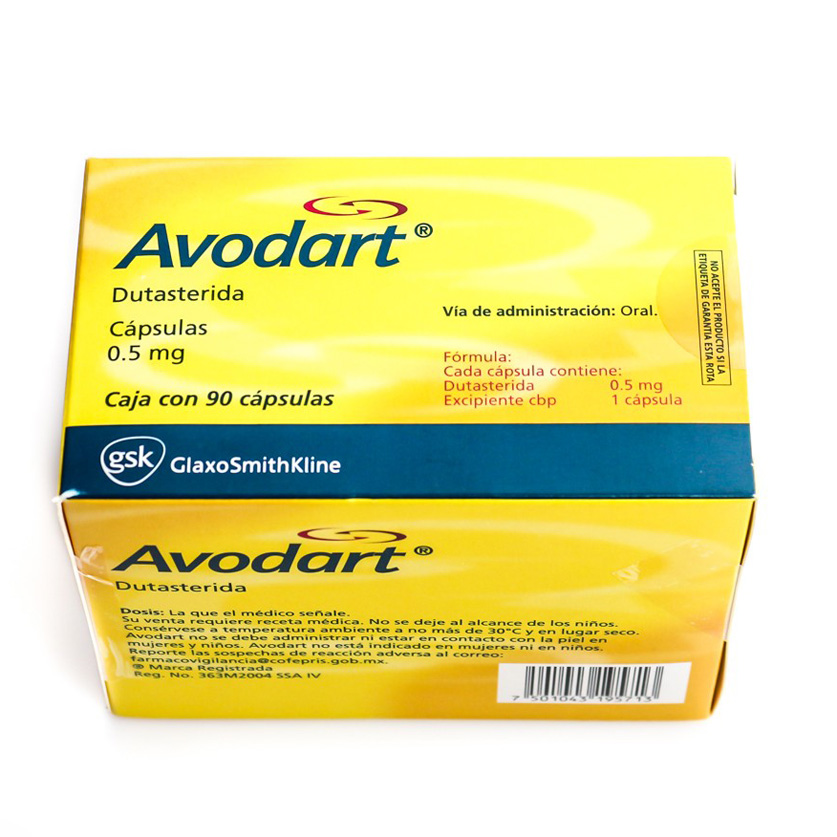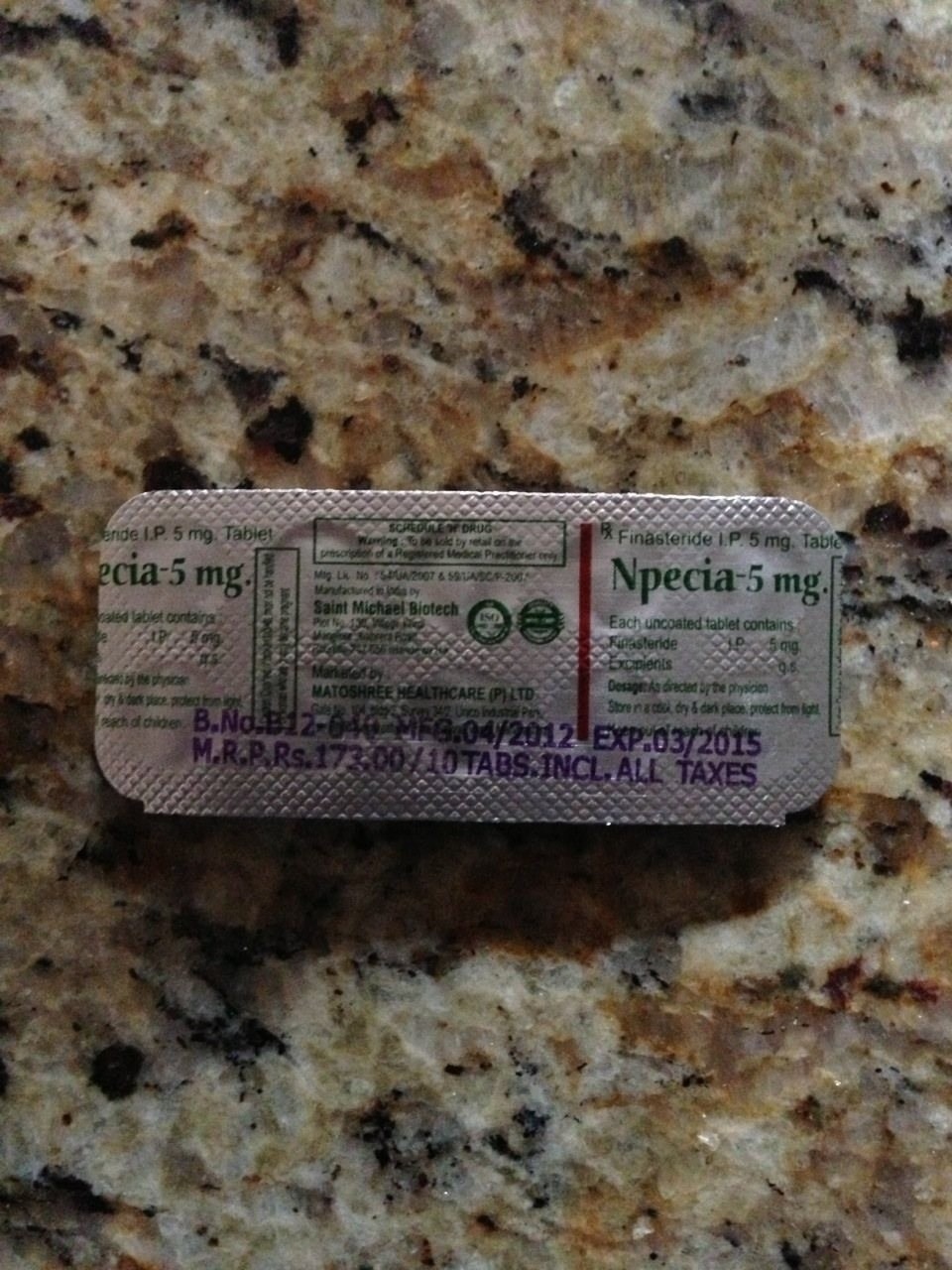Description
Finasteride, sold under the brand names Proscar and Propecia among others, is a medication used for the treatment of benign prostatic hyperplasia (BPH) and male pattern baldness (MPB). It is a type II and type III 5α-reductase inhibitor; 5α-reductase, an enzyme, converts testosterone to dihydrotestosterone (DHT).
Medical uses
Benign prostatic hyperplasia
Physicians use finasteride for the treatment of BPH, informally known as an enlarged prostate. Finasteride may improve the symptoms associated with BPH such as difficulty urinating, getting up during the night to urinate, hesitation at the start of urination, and decreased urinary flow. It provides less symptomatic relief than alpha-1 blockers such as tamsulosin and symptomatic relief is slower in onset (six months or more of treatment with finasteride may be required to determine the therapeutic results of treatment). Symptomatic benefits are mainly seen in those with prostate volume > 40 cm3. In long-term studies finasteride but not alpha-1 inhibitors reduce the risk of acute urinary retention (−57% at 4 years) and the need for surgery (−54% at 4 years). If the drug is discontinued, any therapeutic benefits reverse within about 6–8 months.
Male pattern baldness
Finasteride is used to treat male pattern hair loss (androgenetic alopecia) in men only. Treatment provides about 30% improvement in hair loss after six months of treatment, and effectiveness only persists as long as the drug is taken.
Off-label uses
Finasteride is sometimes used in hormone replacement therapy for male-to-female transsexuals in combination with a form of estrogen due to its antiandrogen properties. However, little clinical research of finasteride use for this purpose has been conducted and evidence of efficacy is limited.
Contraindications
Finasteride is not approved for use in women, especially due to risks of birth defects in a fetus. It is classified in the FDA pregnancy category X.
Adverse effects
Adverse effects from finasteride are rare. The FDA has added a warning to 5α-reductase inhibitors concerning an increased risk of high-grade prostate cancer, as the treatment of BPH lowers PSA (prostate-specific antigen), which could mask the development of prostate cancer.
Although overall incidence of male breast cancer in clinical trials for finasteride 5 mg was not increased, there are post-marketing reports of breast cancer in association with its use. Available evidence does not provide clarity as to whether there is a causative relationship between finasteride and these cancers.
The effect of finasteride on sexual function is controversial. There are case reports of persistent diminished libido or erectile dysfunction after stopping the drug and the FDA has updated the label to inform healthcare professionals of these reports. A 2010 review found moderate quality evidence that finasteride increased the risk of sexual dysfunction, but not that people stopped using it because of sexual side effects.


